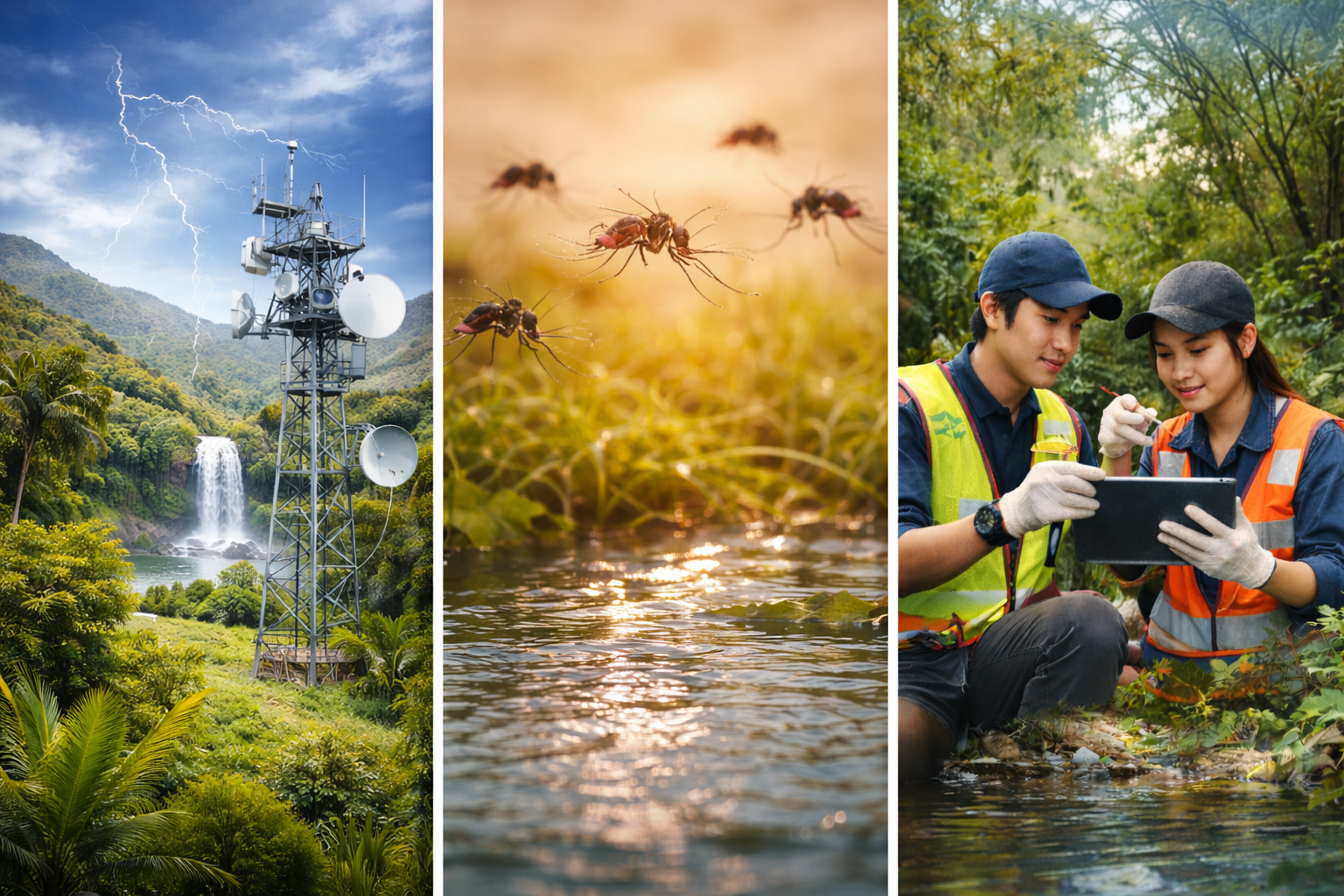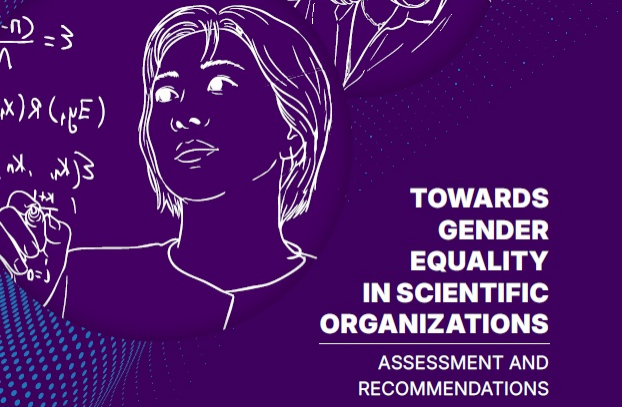 The host of the IRDR programme, the Center for Earth Observation and Digital Earth (CEODE), has merged with the Institute of Remote Sensing Applications (IRSA) to form the new Institute of Remote Sensing and Digital Earth (RADI), which is governed by the Chinese Academy of Sciences (CAS).
The host of the IRDR programme, the Center for Earth Observation and Digital Earth (CEODE), has merged with the Institute of Remote Sensing Applications (IRSA) to form the new Institute of Remote Sensing and Digital Earth (RADI), which is governed by the Chinese Academy of Sciences (CAS).
Headed by the former Director-General of CEODE, Academician Huadong Guo, RADI is aimed to explore leading technologies in Earth observation and the mechanisms for acquiring and distributing remote sensing information. RADI will enhance present capacity for providing resource-environment spatial information at regional and global levels by establishing a digital Earth scientific platform, and build itself into a comprehensive, world class research institute.
As an independent entity, the IRDR International Programme Office (IPO) continues to enjoy the benefits of being hosted by an organisation that is at the forefront of environmental research.





